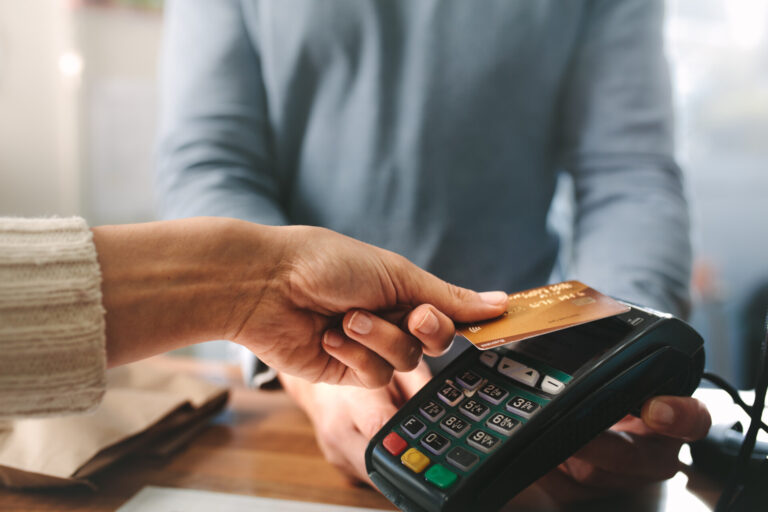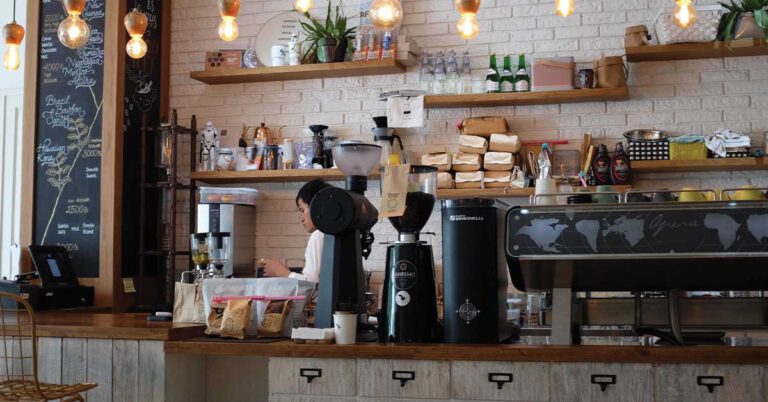Implementing systems is one of the least expensive, least time-consuming ways to increase the profitability of your small business. The integrated POS (point of sale) system, in particular, has brought – and will continue to bring – several benefits to small business owners.
Below, you’ll learn:
- The definition of an integrated POS system
- Signs you need an integrated POS system
What is an Integrated POS System?
An integrated POS system allows you to connect key business functions – such as payment processing, inventory management, and data analytics – through a combination of software and hardware.
Signs You Need an Integrated POS System
Let’s look at five common signs your business needs an integrated POS system – and how an integrated POS system can come to the rescue.
1. Slow Checkout
A slow checkout process is not only annoying for the customer checking out, but also frequently results in long lines – in any case, you risk alienating (losing) customers.
The ability to integrate your POS system with your credit card processing takes away the need for manual entry during checkout, speeding up the checkout process and reducing the length of lines in your store.
2. Poor Inventory Management
You want your inventory levels to occupy the “Goldilocks zone.”
If you have too little, you are going to have to turn away customers who want out-of-stock items.
If you have too much, you are unnecessarily tying up capital – which could otherwise be used to pursue other opportunities for your small business.
With an integrated POS system, it’s easier to get your inventory “just right.”
You can integrate your POS system with your inventory management software. This way, your inventory is updated in real-time as you receive shipments and complete sales. By setting alerts or constantly glancing at inventory, it’s easy to keep your stock at ideal levels.
3. Lack of Data on Employee Performance
Evaluating employee performance is challenging.
In many cases, an employee’s performance is not strongly correlated with revenue or profitability.
With that said, data on employee performance is helpful – when used in the right context.
An integrated POS system allows you to track employee data, such as sales per employee and sales per hour worked.
Let’s say you own a restaurant. You have a big dinner crowd and a somewhat small lunch crowd, on most days. With granular data on employee performance, you have a starting point to evaluate employees – across shifts.
4. Low Average Order
Is it easier to sell more to someone who has already decided to buy from your business? Or someone who doesn’t know your business exists?
Obviously, the former.
With that in mind, maximizing cross-sell and up-sell opportunities is an excellent way to increase your revenue.
Let’s say you have a bridal store. Wedding gown sales are a large percentage of your revenue. A bride-to-be is going to be in the market for wedding accessories, though. By knowing what types of accessories are purchased with what types of gowns, you can easily generate data-driven recommendations.
5. Low Customer Loyalty
You may be surprised to learn how much more it costs to acquire a new customer than to retain an existing one – anywhere between five to 25 times more expensive.
So, if low customer loyalty is a problem for your small business, you should primarily focus on customer retention – not customer acquisition.
Here are a couple of ways that an integrated POS system helps improve customer loyalty:
- Improved inventory management: as previously mentioned, an integrated POS system improves inventory management. By always (or almost always) having top-selling items in stock, you increase trust in your small business.
- Personalize offers: with an integrated POS system, it’s easier to track purchases by customers. For example, you have a pet treats e-commerce business – you can send personalized reminders to past customers at the time they are likely to run out.
RELATED: What are Loyalty Programs?
Get a Tailored Solution with Gravity
At Gravity Payments, we help merchants find solutions that work for their businesses.
Give us a call at 866-701-4700 to learn about your options.




